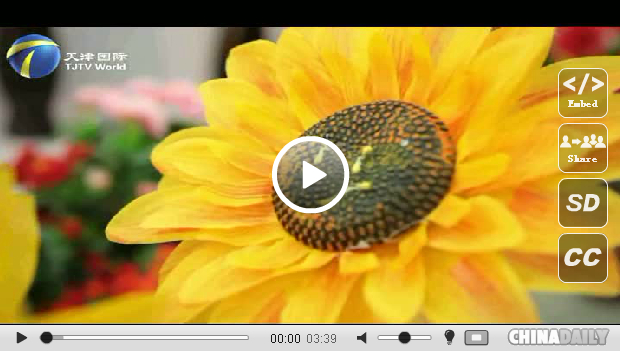Up to now, there have been six generations of successors of "Clay Figurine Zhang". Each of the first four generations has their own style and features in material selection respectively, from achromatic color to colored painting, from romanticism to realism.
When it comes to Zhang Naiying’s generation, what is the highlight of his artistic skills and what are his innovations?
To respond to my question, Zhang Naiying stressed each of his words,“I had never expected to be an artist. My only wish was to preserve and inherit the tradition,”He kept reminding his son Zhang Yu that there was only one “Clay Figurine Zhang” in the world, namely the first generation Zhang Mingshan.
The descendants have the responsibility and duty to restore and preserve the ancient works. The better the descendants do, the more vitality the traditional art will have. And thus people won’t disdain or mess with it. “That’s why I’ve never dreamed of becoming an artist. And I don’t like it when others call me an artist.”
Zhang Naiying told us his life’s work is to preserve the authentic artistic skills and restore the traditional crafts, and also to collect and study the materials related to “Clay Figurine Zhang”, in the hope that the art to which six generations of Zhang’s family have devoted themselves can be passed on, so that people who are fond of the art are able to appreciate it.
In the meantime, he encouraged the younger generations who have a deep love for the colored sculpting to be creative and bold in artistic practice and to develop their personal style. “I hope to see a scene in the future that more brilliant categories of sculpting will spring up as master works of Chinese sculpture apart from ‘Zhang’Clay Figurines.”
It was time to leave. I stepped across the doorsill of the big red gate once more. It remained tranquil inside the gate, regardless of the hustle and bustle outside. The old saying to describe “Zhang Clay Figurine” came to my mind, “The consummate skills of art bring vitality and elegance to the clay figure.” I give my best wishes to this folk art which appeals to both refined and popular taste.
Edited by Wang Yifei and Brian Anthony Salter





